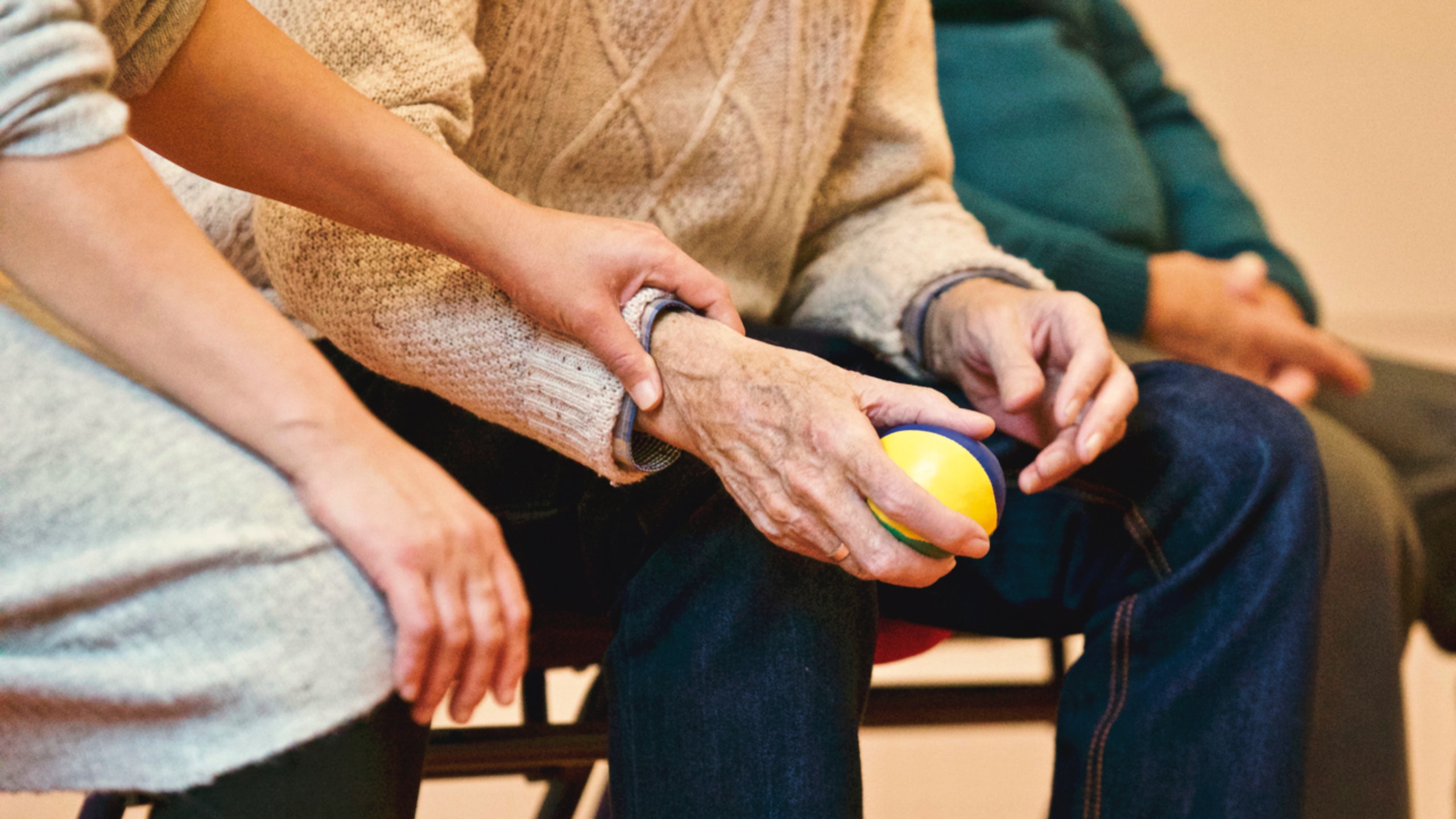Ikigai is a Japanese concept that has gained worldwide attention of late. It originates in the Pacific island of Okinawa, which has one of the longest life expectancies of anywhere in the world. While it seems unlikely that – as certain people have claimed – ikigai is a panacea for longevity, it might provide a useful framework to think about our own lives. In much the same way that negative self-talk can lead to a self-fulfilling prophecy of poor self-confidence, the opposite can also be true.
Ikigai translates as ‘your reason for getting out of bed’, essentially your raison d’étre. It is about trying to find a purpose to your life that you can use to unify different aspects of your life together and work towards a sense of greater contentment.
What is ikigai?
Many people in the West argue that ikigai is a means to fulfilment in your work life balance and that if you can just find the thing that you love that also makes money then you’ll never have to work a day in your life. Sadly, for most of us, this is very difficult. It is also a subtle adulteration of ikigai, which is not necessarily tied to employment, or even making money in any way. Dan Buettner, who runs a project called The Blue Zones that aims to find a ‘formula for longevity’, used his Ted Talk to link ikigai to the unusually high life expectancy of Okinawa. He even claimed that the reason that there are so many centenarians is that almost every 100-year old in Okinawa could quickly identify what their ikigai was. Buettner’s claims probably go too far, (it seems more likely that diet is the biggest contributing factor to longevity) and his analysis of ikigai as relating to work is quite Western.
In fact, only 31% of Japanese people identified their ikigai as their work, but having a clear concept of what you want from life can certainly lead to a more developed sense of self and fulfilment. Your ikigai may be subject to change over time, for example, Buettner gives the case of one woman whose ikigai was her great-great-grandaughter. Her reason to get up was to see a descendant who was over 100 years younger than her!
In essence understanding what ikigai is, or what your personal purpose in life is, involves appreciating the things in life that give you meaning: usually broken down as what you love, are good at, and can do. This may be anything, the point is that it is not determined by anyone else, but is freely chosen by you. In order to identify your ikigai you should also aim to have a better understanding of nature and try to surround yourself with positive friends who are able to help you. It is a concept that emphasises the role of communal answers to personal problems.
What is Existential Psychotherapy?
Similar concepts have existed throughout philosophy, and have had an influential role in the formation of 20th-century therapy. In fact, lots of self-help books will give advice such as ‘find what is meaningful’ or ‘understand what makes you happy’, and encourage you to engage more in these behaviours or to try and orientate your life to better fit this narrative. Socrates, one of the earliest recorded philosophers famously claimed that the ‘unexamined life was not worth living’ at his own trial, and it is a constant theme in both Western and Eastern philosophy.
One of the most influential theories of the 20th century was existentialism, a theory that argued that humans are free to determine their own lives, rather than live a predetermined purpose. Thinkers like Jean-Paul Sartre and Simone de Beauvoir argued that in order to live a fulfilled life you should live it on your own terms, and determine your own goals. It is also important to understand that they believed that while we are, in a true sense, defined by our history, we are not limited by it. Instead, we are fundamentally free to choose our own life goals, rather than be fully defined by what we have already done. Much of their thought had its origins in the work of thinkers like Kierkegaard and Nietzsche. Existentialism has many areas of overlap with the idea of ikigai, although Sartre calls it a ‘fundamental project’ in his philosophy.
Finding your fundamental project involves understanding and appreciating the things that are important to you, whether that be dedication to your friends, family, work, or leisure. Again there is no intrinsic link to money; Sartre actually argues that constantly thinking of ourselves within a specific job can quickly make us unhappy. That is why a fundamental project is so important because it can help us understand that sometimes the more challenging parts of life are a means to an end, that help us achieve something greater than what we have now. We all have to do things that we might not particularly enjoy, whether that be interacting with difficult people at work or navigating facing challenging social circumstances, and existentialism stresses that we should find a higher motivation, and understand each aspect of our behaviour as a component of this. Contrary to Buettner’s claim ikigai is very similar, in the sense that it is about thinking about your life as an arc, rather than finding ways to justify things in your life that you are unhappy with.
Existential therapy for anxiety
Existential therapy emerged in the 1950s by a group of psychologists and psychiatrists who were sympathetic to Sartrean existentialism and wanted to use it to provide a therapeutic framework for people to better understand their own problems. While it has remained at the fringes of the therapeutic world it can offer important insights. The similarities with ikigai are also interesting to note – both emphasise the importance of finding a purpose in your life and thinking that what you do is meaningful. Existentialism often deals with the same problems that psychotherapy seeks to address, such as a loss of meaning in life, feelings of loss, and anxiety. One of the early existentialists, Kierkegaard, offers some of the most prescient analysis of the anxiety, which can still be useful today.
Both existential therapy and ikigai use a variety of techniques to help us find the important things in life. These include things like appreciating that you have the ability to change as a person, recognising that many people share the roots of anxiety, and trying to identify a personal meaning for your own life that you can use to understand action.
With so many things constantly on our mind it can be easy to lose sight of where you are going. Contentment requires an appreciation of the value of your own life, and of the things that you do with it. Many people feel a loss of purpose at different times in their lives, and therapy can be an effective tool in allowing us to recenter our motivations. It is no coincidence that the ideas behind ikigai and existentialism are so closely intertwined – they both speak to fundamental aspects of the human experience. Using therapy to explore these concerns can be an excellent way of understanding what you want from life, and taking control of the world around you. If you think you would benefit from therapeutic treatment for a range of conditions including anxiety contact us here.
Do you have an ikigai? If you would like to share what gives you purpose, or any thoughts of the topic please feel free to join the conversation in the comments below.


 Back to all posts
Back to all posts


























